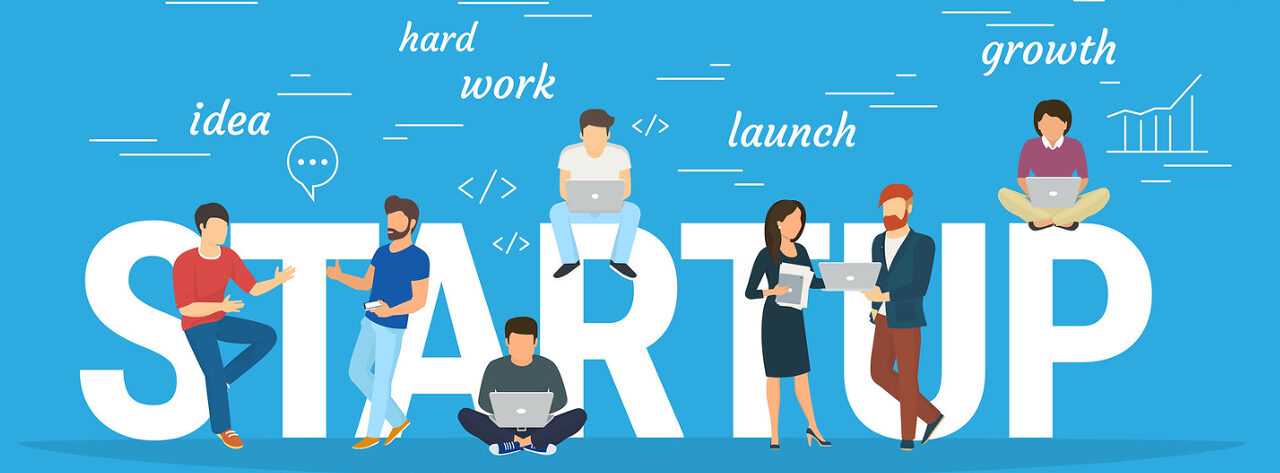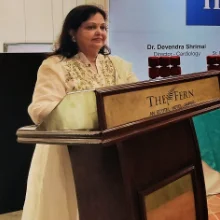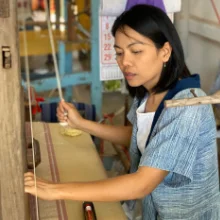Seven Asian women-led climate tech startups making a positive environmental impact

Date:
As the need to combat climate change grows more urgent, women-led climate tech startups are stepping up as powerful agents of change in both society and the economy.
These innovative enterprises are not only tackling environmental challenges head-on but also showing that gender diversity in leadership can drive significant progress toward a greener and more sustainable future.
This World Environment Day, we’re highlighting the achievements of women who took part in the 2023 LowCarbon.Earth Accelerator Programme.
This initiative, a partnership between the Massive Earth Foundation and the UN Environment Programme (UNEP), is supported by UNEP’s Global Opportunities for Sustainable Development Goals (GO4SDGs) project and the EmPower: Women for Climate-Resilient Societies Programme, which is jointly implemented with UN Women. These startups are truly making a difference.
Seven startups were selected to participate in the Low Carbon. Earth Accelerator Finale held in Bangkok, Thailand, on April 25-26.
There, they had the opportunity to present their sustainable business ideas to a group of potential investors, showcasing their innovative solutions to environmental challenges.
Seven startups were selected to join the LowCarbon. Earth Accelerator Finale in Bangkok, Thailand

INDIA
Ankita Vijavergiya
Billion Carbon Solutions
Ankita’s incipiency, Billion Carbon results, aims to attack soil declination by converting food waste into nutrient- rich toxin, effectively exercising a resource that would else go unaccustomed and contribute to hothouse gas emigrations. Dr Anshu developed a light- enmeshing nano coating for solar councils that can be applied to new and formerly being solar councils

INDIA
Anshu Dandia
Trinano technologies
The coating produced by Trinano technologies improves solar cell interpretation for swelled dynamism affair, boosting productivity by 10. In extension, it helps minimize the cleaning demand and extends the councils’ life.

INDIA
Swathi KJ
TechXEarthspace
Swathi and her hubby erected a technology to capture CO2 utilizing liquid immersion andnon-linear surge mechanics to convert it into Sodium Bicarbonate, which can be exercised in fertiliser, cleansers, fabrics and chemical diligence. Their company, TechXEarthspace, is presently targeting the sword assiduity in India, working out both at the point of source and through direct prisoner. They also give carbon copy credits to neutralize emigrations.

MONGOLIA
Oyungerel Munkhbat
AIREE Felt
Oyungerel’s business, AIREE Felt, produces air pollutants from lamb hair. The company collaborates with herdsmen who are liable to climate revise, creating value- appended productions that reduce hair waste and efficiently use the carbon copy secluded in the hair.

SINGAPORE
Lily Jaung
Pullulo
By upcycling waste from leftover fates and vegetables, Lily’s incipiency, Pullulo, produces a microbial protein through a process that consumes carbon copy dioxide. This ingenious result not only reduces food waste but also offers a factory- grounded protein volition, enhancing food screen

SINGAPORE
Min-Si Wang
Ecomonitor
Ecomonitor is a carbon copy- sourcing platform for individualities and companies that want to issue voluntary carbon copy credence. With her business, Min- Si aims to lower the cost of carbon copy credence allocation and bring further translucency to voluntary carbon copy requests. One of her points is to warrant lower design inventors with under 200 acres of land.

THAILAND
Vilasinee Churat
MUNIE Lifestyle
MUNIE produces sustainable fabrics made from water hyacinths, a constitutionally growing weed in waterbodies in Thailand. Author Vilasinee works with senior women in original communities in Northeast Thailand who handweave the fabrics utilizing traditional ways.
Innovative startups are making strides in reducing our carbon footprint through renewable energy sources, waste-to-energy technologies, and digital carbon-sourcing platforms. These advancements are key to a sustainable future.
EmPower is a notable initiative that supports women entrepreneurs and women-led renewable energy businesses. This includes micro, small, and medium-sized enterprises, especially those from marginalized communities. The goal is to help them grow and scale their innovative solutions.
Programs like EmPower, led by UNEP and UN Women, aim to make clean, renewable energy accessible to everyone. This reduces global reliance on fossil fuels and minimizes environmental harm. By empowering women and marginalized groups, these programs promote inclusive growth and ensure that the green economy transition benefits all.